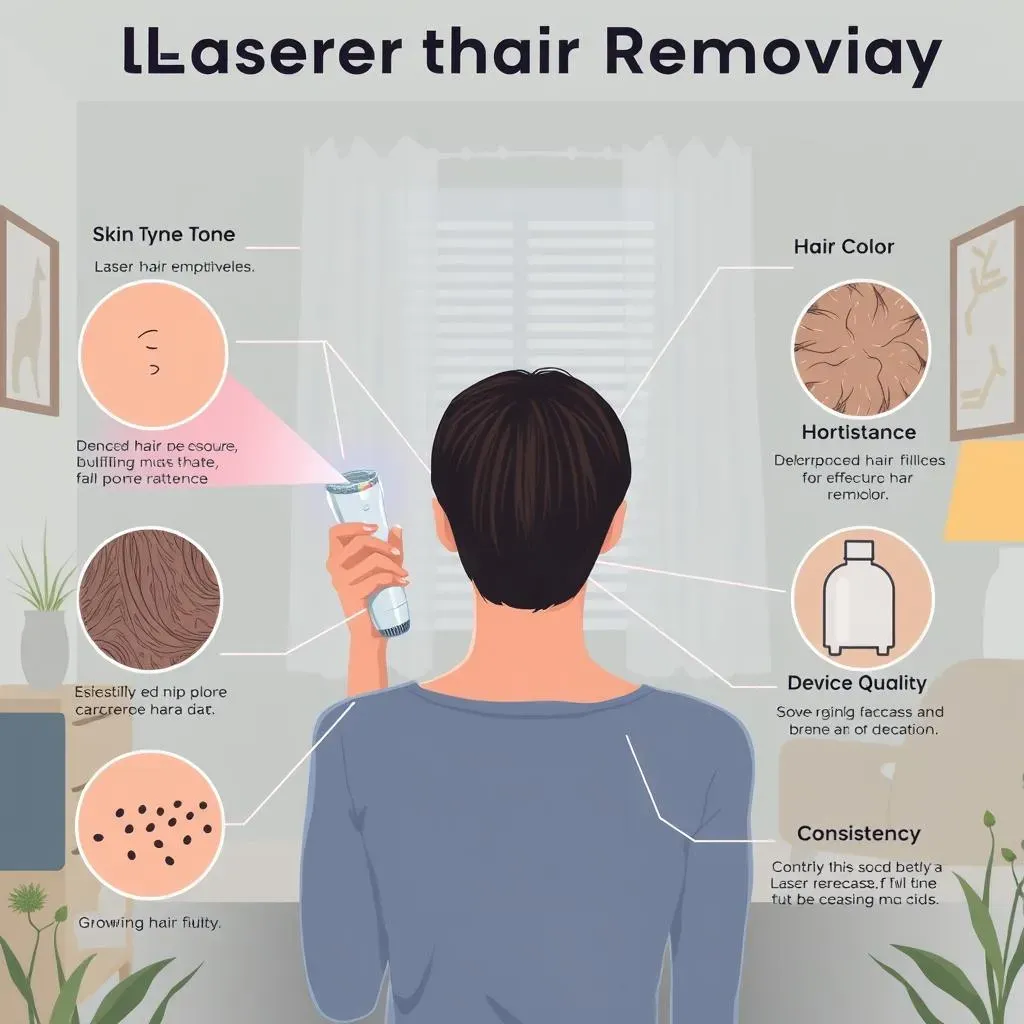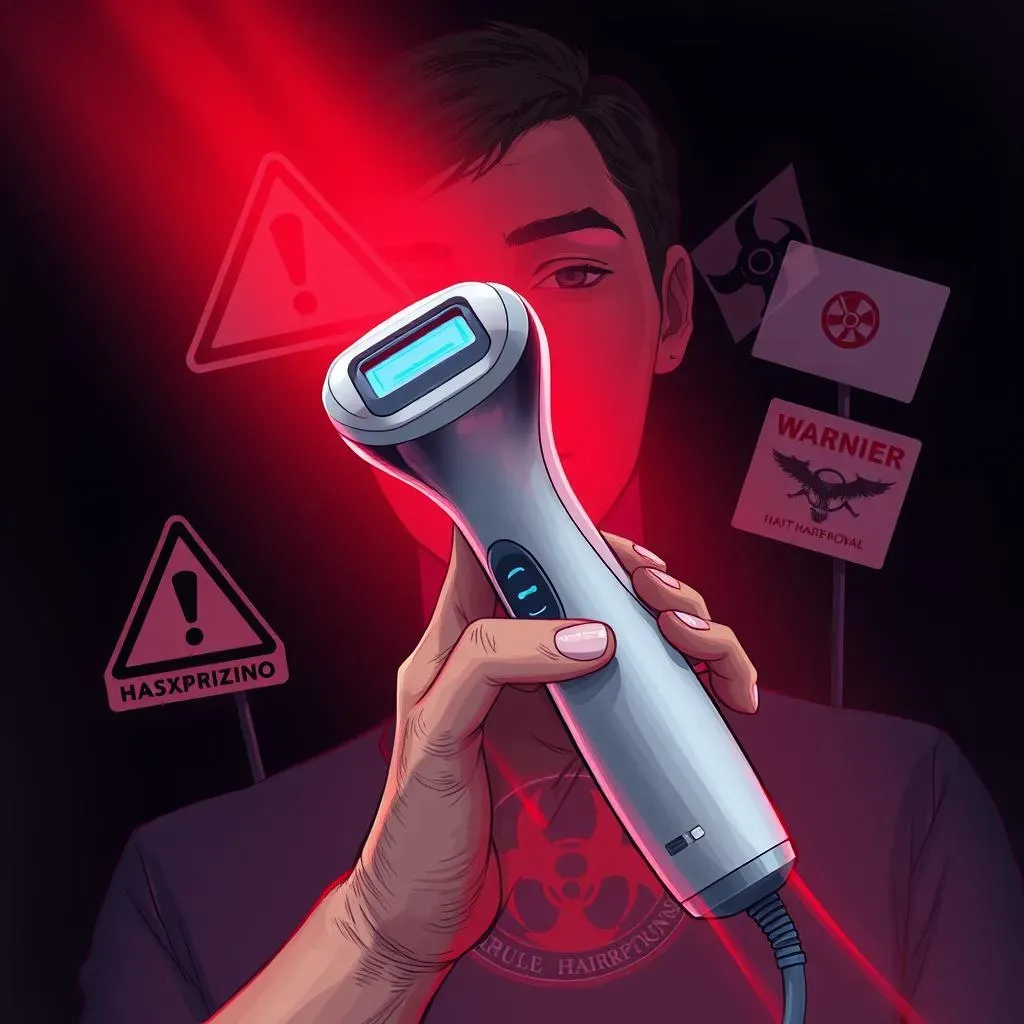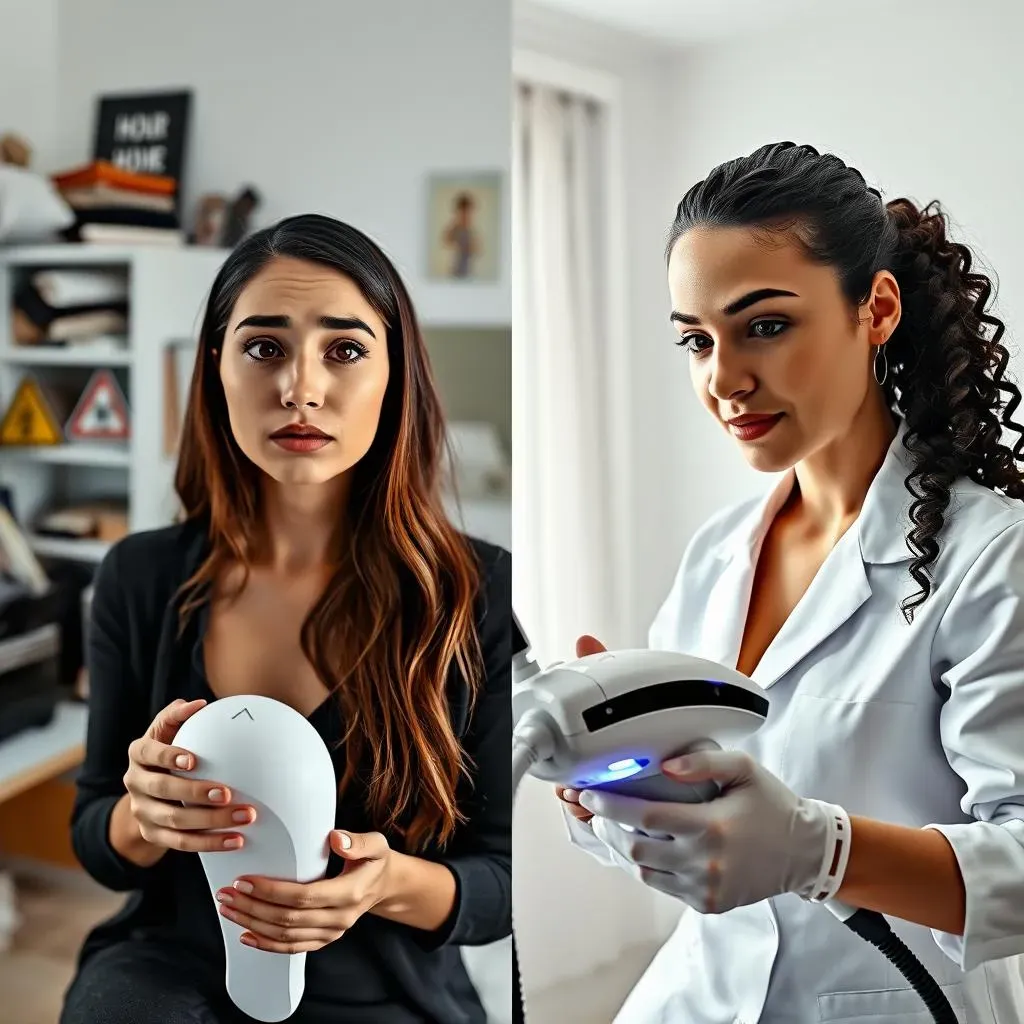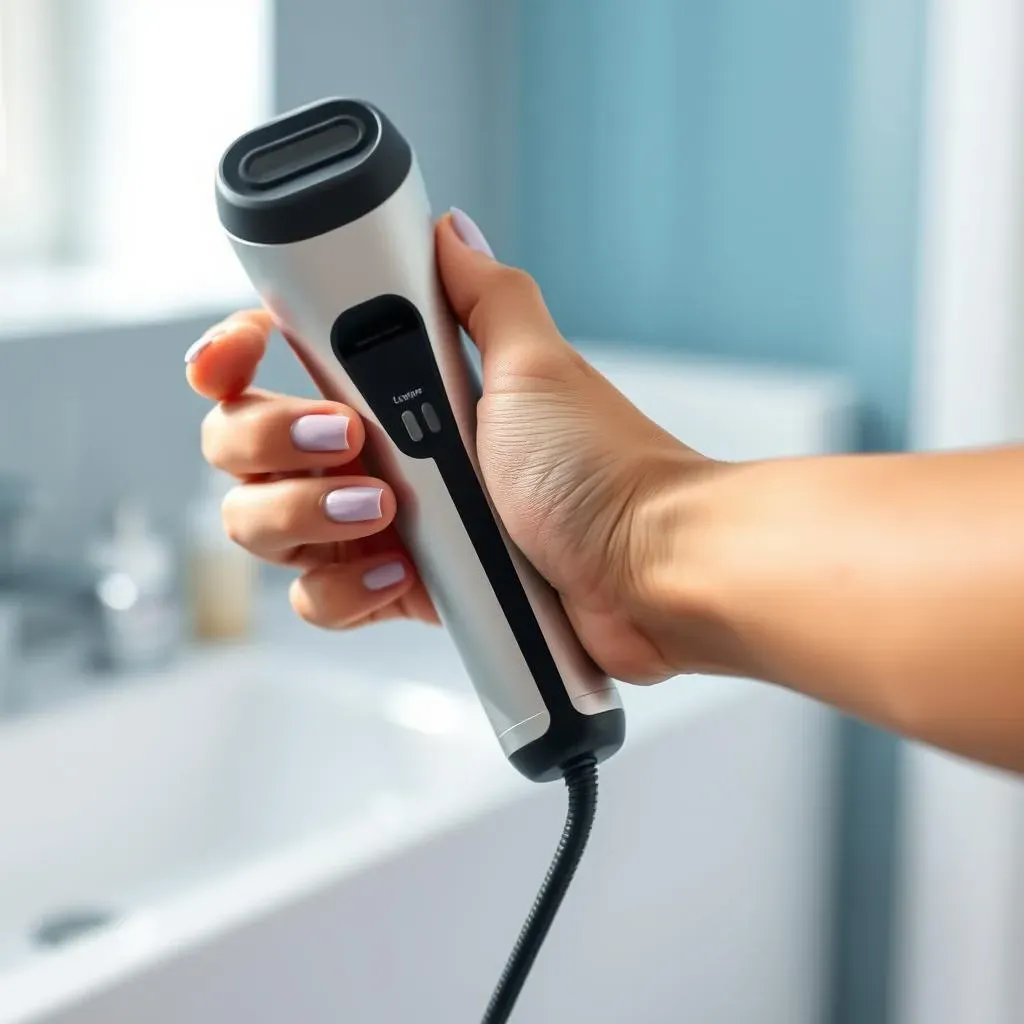Table of Contents
Tired of shaving, waxing, or plucking? You've probably seen those at-home laser hair removal devices promising smooth, hair-free skin. The big question on everyone's mind is, is at home laser hair removal permanent? It sounds like a dream, right? Imagine never having to deal with unwanted hair again, all from the comfort of your own bathroom. This article will explore how these devices work, how effective they really are, and what the potential risks are. We'll compare at-home options with professional treatments, giving you a clear picture of what to expect. We'll also help you understand if these gadgets are worth the hype. So, let’s get real about at-home laser hair removal and see if it can truly deliver on its promises. Stick around, and let's see what's really going on.
How AtHome Laser Hair Removal Devices Work

How AtHome Laser Hair Removal Devices Work
so you're curious about how these little gadgets zap away hair, huh? Basically, at-home laser hair removal devices use something called Intense Pulsed Light, or IPL. It's like a really focused flashlight that sends out light energy. This light targets the pigment, or color, in your hair follicles. When the light hits the pigment, it turns into heat. This heat damages the hair follicle, making it harder for hair to grow back. It's not a one-and-done deal, though. You’ll need to do multiple sessions, because the light only works on hair in its active growth phase. Think of it like trying to catch a bunch of kids playing tag; you need to tag them all multiple times to really get them out of the game.
Effectiveness of AtHome Laser Hair Removal: Is it Permanent?

Effectiveness of AtHome Laser Hair Removal: Is it Permanent?
so here's the deal: is at home laser hair removal permanent? The short answer is, not really. At-home devices are less powerful than what you’d find at a professional clinic. They can definitely reduce hair growth, and for some people, that reduction can be significant. Think of it more like long-term hair reduction rather than complete, forever-gone hair removal. You might see a lot less hair, and the hair that does grow back might be finer and lighter, but it’s unlikely to vanish entirely. It's like mowing your lawn; you keep the grass short, but it still grows back. These devices can work, but they need consistent use, and the results may vary quite a bit depending on your skin tone and hair color. It's not magic, it's just light messing with your follicles.
Factor | Impact on Effectiveness |
|---|---|
Skin Tone | Lighter skin tends to respond better |
Hair Color | Darker hair absorbs light more effectively |
Device Quality | Higher-quality devices often yield better results |
Consistency | Regular use is key to seeing results |
Safety Concerns and Risks with AtHome Laser Hair Removal

Safety Concerns and Risks with AtHome Laser Hair Removal
Alright, let's talk safety, because zapping yourself with lasers at home isn't exactly like using a toaster. While these devices are generally considered safe, there are definitely some risks you need to be aware of. First off, you could end up with burns if you're not careful. Using the device on skin that's too dark or turning up the intensity too high can cause some serious discomfort and even blisters. And it's not just burns; you might also experience changes in skin pigmentation, like dark or light spots. This is more likely if you have darker skin, so you really need to be cautious. Then there's the eye risk, because the light is intense. You absolutely should never use these devices near your eyes without proper eye protection, and even then, it’s a bit dicey. So, yeah, while at-home laser hair removal can be convenient, it's not without its potential pitfalls. It's kinda like cooking; you can make a great meal, but you can also burn the house down if you're not careful.
- Burns: Can occur if the device settings are too high for your skin tone.
- Pigmentation Changes: Dark or light spots may appear on treated skin.
- Eye Damage: Direct exposure to the light can harm your eyes.
- Skin Irritation: Redness, itching, or swelling can occur.
AtHome vs. Professional Laser Hair Removal: Which is better?

AtHome vs. Professional Laser Hair Removal: Which is better?
so you're trying to figure out if zapping yourself at home is better than going to a fancy clinic, right? Let's break down AtHome vs. Professional Laser Hair Removal: Which is better?. At-home devices are like the budget-friendly option, they're convenient and you can do it whenever you want. But, they're not as strong as the lasers professionals use. Think of it like a bicycle versus a motorcycle; both get you from A to B, but one is way more powerful. Professional treatments, while more expensive, are often more effective and faster. They use higher-powered lasers that can target hair follicles more precisely, leading to better results. Plus, professionals know their stuff; they can adjust the settings based on your skin and hair type to minimize risks. It's like having a personal chef versus cooking for yourself; both can get you fed, but one is going to be a much smoother and better experience.
Feature | At-Home Laser Hair Removal | Professional Laser Hair Removal |
|---|---|---|
Cost | Lower initial cost | Higher cost per session |
Effectiveness | Less powerful, may require more sessions | More powerful, faster results |
Convenience | Can be done at home anytime | Requires appointments at a clinic |
Safety | Higher risk of misuse and burns | Lower risk of complications with trained professionals |
Customization | Limited settings, less personalized | Adjustable settings based on skin and hair type |
The Final Verdict on At-Home Laser Hair Removal Permanence
So, is at home laser hair removal permanent? The short answer is: it's complicated. While these devices can reduce hair growth significantly, they rarely offer truly permanent results like professional treatments. You might achieve long-term hair reduction, but you’ll likely need maintenance sessions to keep those pesky hairs at bay. At-home devices are a mixed bag. They offer convenience and can save you money, but they come with risks if not used correctly, and they aren't suitable for everyone, especially those with darker skin tones or lighter hair. Before you jump on the bandwagon, understand your skin type and hair color, and maybe consult with a dermatologist. At the end of the day, it's about weighing the pros and cons and deciding what works best for you, not just believing the hype.
